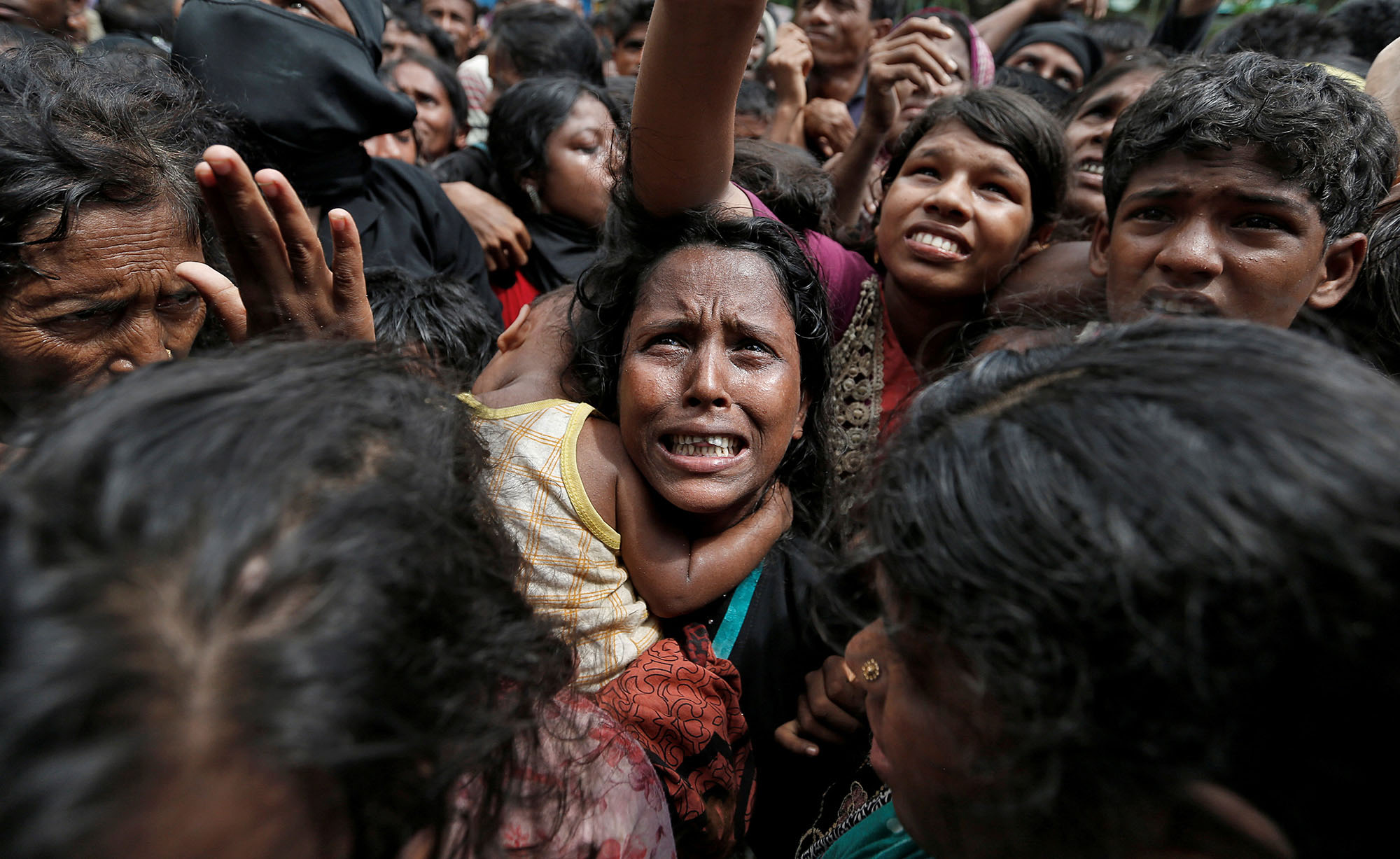The International Court of Justice’s (ICJ) ruling that Myanmar must begin to bring justice to the Rohingya people could be viewed with gleamy-eyed nostalgia; harking back to the days when the United Nations successfully instilled hegemony for multilateralism in international relations.
Displaced as far Bangladesh, Rohingya refugees cheered with relief in temporary camps as the ICJ delivered their ruling, whilst holding aloft placards displaying the gratitude ‘thank you Gambia’. Through bringing the case to the Hague, the African nation illuminated the prolonged suffering of a persecuted people. The 700,000 souls cruelly forced to leave their homes in the Rakhine State of Myanmar may finally begin to return, protected by the infallible strength of international law.
Arsalan Suleman, a diplomat in President Obama’s State Department, praised the mechanisms of the UN at work: “You have a country in Africa, not an extremely well-developed country, but a country that really cares about human rights and dignity, and it has made it a national concern to fight for the Rohingya.”
Nevertheless, it is important not to overestimate the weight of the ICJ’s ruling. The persecution and genocide of the Rohingya people is an abhorrent part of Myanmar’s international identity.
Its origins can be traced back as far as 1982, when the Rohingya were stripped of their citizenship and were effectively left stateless by the ruling Military Junta Government. Arguably, Aung San Suu Kyi’s rise to prominence has worsened the plight of the Rohingya. Once viewed as the darling of western-liberal democracies due to her dignified fight for the democratisation of Myanmar; the 1991 Nobel Peace Prize recipient Suu Kyi now instead represents something deeply rotten within the Myanmar psyche. The country’s de-facto leader offered an immediate and deluded rebuke to the ICJ’s ruling, stating that it was a defensive and ‘internal armed conflict’ against Rohingya militants.
The unfortunate truth is that without acknowledgement of the persecution of the Rohingya people by Myanmar’s government, the ICJ have little chance of witnessing their ruling becoming truly fulfilled.
It invites scrutiny, but not the executive authority of the United Nations to prevent further atrocities. The ICJ cannot legally bring charges of Genocide against its perpetrators, as it holds no individual jurisdiction in Myanmar. Indeed, the judicial body twice ordered similar measures during the Bosnian War during the turn of the century. This genocide did not start to subside until the United Nations Security Council voted for a military intervention. Similarly, the genocide of the Rohingya will continue until there is coercive multilateral pressure against Myanmar. The role of Gambia has played is commendable, but until regional super-powers take action against the atrocity, it will continue. Given China’s persecution of their own Muslim minority in Xinjiang, and the Trump administration’s anti-interventionist rhetoric, this appears highly unlikely.
As ordered, Myanmar will report back to the ICJ every 6 months, detailing what is being done to protect the Rohingya. Yet this act will be purely superficial, and the Rohingya will still suffer at the hands of their government. The Myanmarese state has inflicted this inhumane treatment to a minority of its own people due to a long-held fear of domestic instability. Yet the implications of the Rohingya genocide will only perpetuate domestic strife. It will continue to breed separatist movements across the country, and will consign Myanmar as a pariah amongst the global order. Despite the best efforts of The Gambia and the ICJ, only a truly multilateral response that combines multiple principle organs of the UN will stop the suffering of the Rohingya.
Image: The Atlantic

